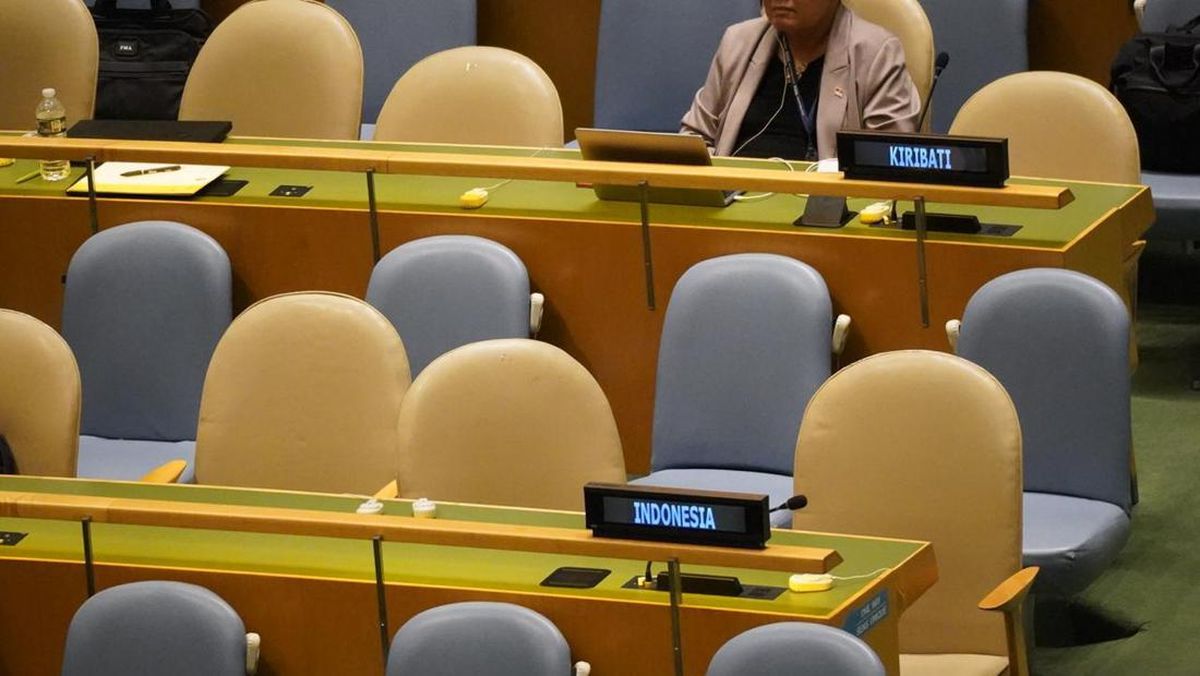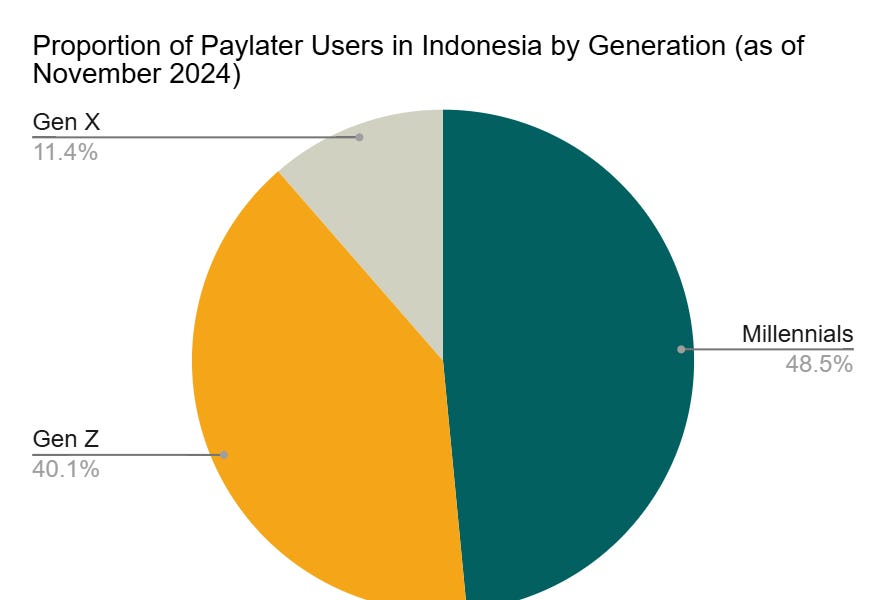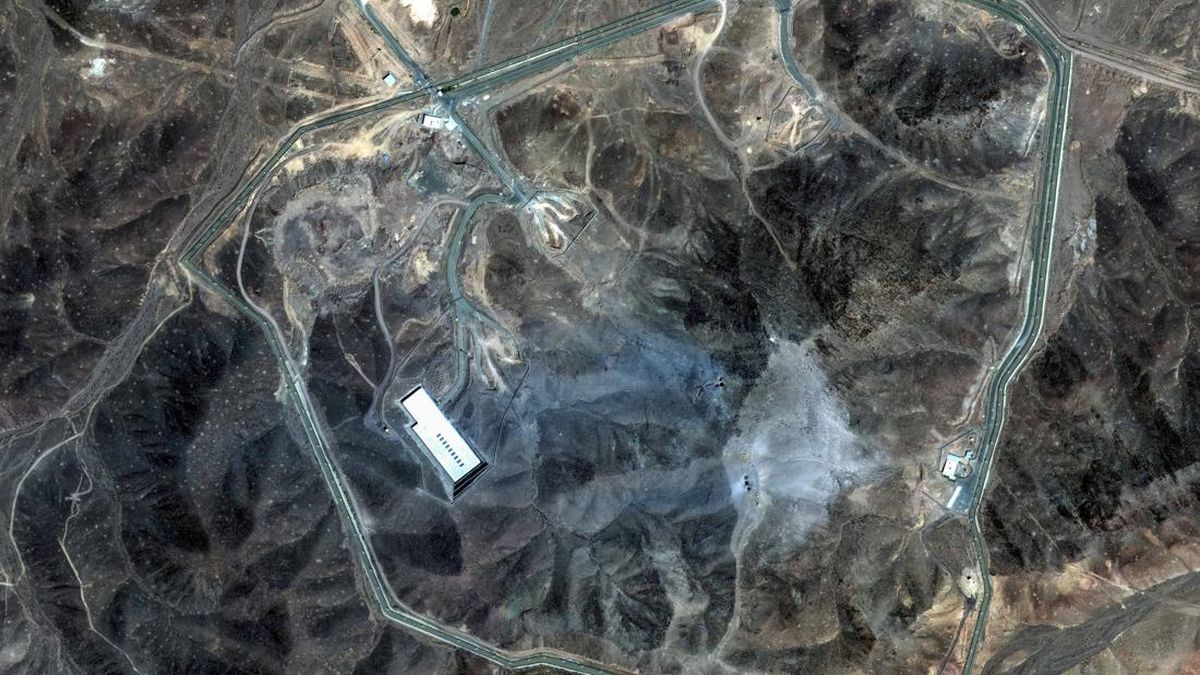The budget, which Carney presented on Tuesday, ended up falling short on ambition, experts said.
Published On 5 Nov 2025
Canadian Prime Minister Mark Carney promised his first budget would be a bold blueprint for “generational investments,” to bolster the economy and withstand a trade war with the United States. But to some analysts, it has been a missed opportunity.
The budget, which Carney presented on Tuesday, ended up falling short on ambition, constrained in part by the reality of leading a minority government that relies on political rivals to survive, analysts said.
Recommended Stories
list of 4 items- list 1 of 4EU waters down climate target in last-ditch deal before COP30 in Brazil
- list 2 of 4The federal shutdown and the Senate filibuster: What could happen now?
- list 3 of 4US Supreme Court justices grill lawyer for Trump on legality of tariffs
- list 4 of 4Mamdani says Republicans are scared he may fix affordability crisis
“This isn’t a generational budget,” said Theo Argitis, senior vice president for policy at the Business Council of Canada. “It goes in the right direction on some fronts, but I think Carney was not as ambitious as he could have been.”
Argitis said there was not enough that might speed private investment at the scale necessary for significant growth.
“If you’re looking to transform the economy, this budget is not going to do it,” he said.
Slow growth, US tariffs
Canada is grappling with slow economic growth and the impact of tariffs imposed by US President Donald Trump.
Carney, saying the tariffs and the uncertainty they had created would cost around 1.8 percent of gross domestic product (GDP), on Wednesday pushed back against the idea that he had been too cautious.
“This budget is a sea change in the approach for the government,” he told reporters, noting a pledge to slash the pace of official spending and what he called unprecedented changes to the tax system to boost business investment.
But while increasing numbers of Canadians struggle to put food on the table, Carney is not necessarily the politician they blame, said Elizabeth McCallion, an assistant professor of political science at the University of Toronto.
“Canadians know there are many things beyond Carney’s control,” she said. “They’re more angry at Donald Trump than they are at Carney.”
Without enough seats in his minority government to pass the budget, Carney will likely rely on the small, left-leaning New Democratic Party, which has just seven legislators, little money and no permanent leader.
If they simply abstain from the budget vote, expected after November 17, Carney’s government will pull through.
“This budget won’t trigger an election unless someone trips into it. No party should want to go now. Not even the Liberals. And voters? They are poised to punish anyone who tries,” said pollster Darrell Bricker, Global CEO of Ipsos Public Affairs.
A Nanos Research poll this week found Carney was the preferred prime minister for nearly half of Canadians, versus 27 percent for Pierre Poilievre, leader of the official opposition Conservative Party.
The New Democrats welcomed some proposed measures, such as infrastructure spending tied to union jobs, but said cuts in the public sector workforce and other provisions were “a step in the wrong direction”.
Infrastructure boost, spending cuts
The budget commits to spending $280 billion Canadian ($200bn US) over five years to build new infrastructure while cutting $60 billion ($42.6bn) in government spending.
Another contentious issue is the proposed deficit, which Ottawa estimated at $78 billion Canadian ($55.3bn US) for the next fiscal year, or more than double last year’s deficit. It would drop to $57 billion ($40.4bn) by 2030.
Poilievre had previously laid out several key budget demands, including keeping the deficit below $42 billion Canadian ($29.8bn).
Poilievre on Tuesday also criticised the budget for keeping the taxes on groceries, work, energy and homebuilding.
But one Conservative legislator, Chris D’Entremont of Nova Scotia’s Acadie-Annapolis district, appeared convinced. He announced on Tuesday that he had joined Carney’s Liberals, although the government will still be left with a minority. Political defections in Canada are relatively rare.
Robert Asselin, who once served as an adviser to Liberal ministers and now heads an organisation of research universities, said Carney could have spent much more to drive growth, but that would likely have resulted in a deficit beyond $100 billion Canadian ($71bn).
Drew Fagan, a visiting professor at Yale University who specialises in global affairs, said: “You cannot simply turn around the world’s 10th largest economy with one budget.”

 3 hours ago
2
3 hours ago
2















































